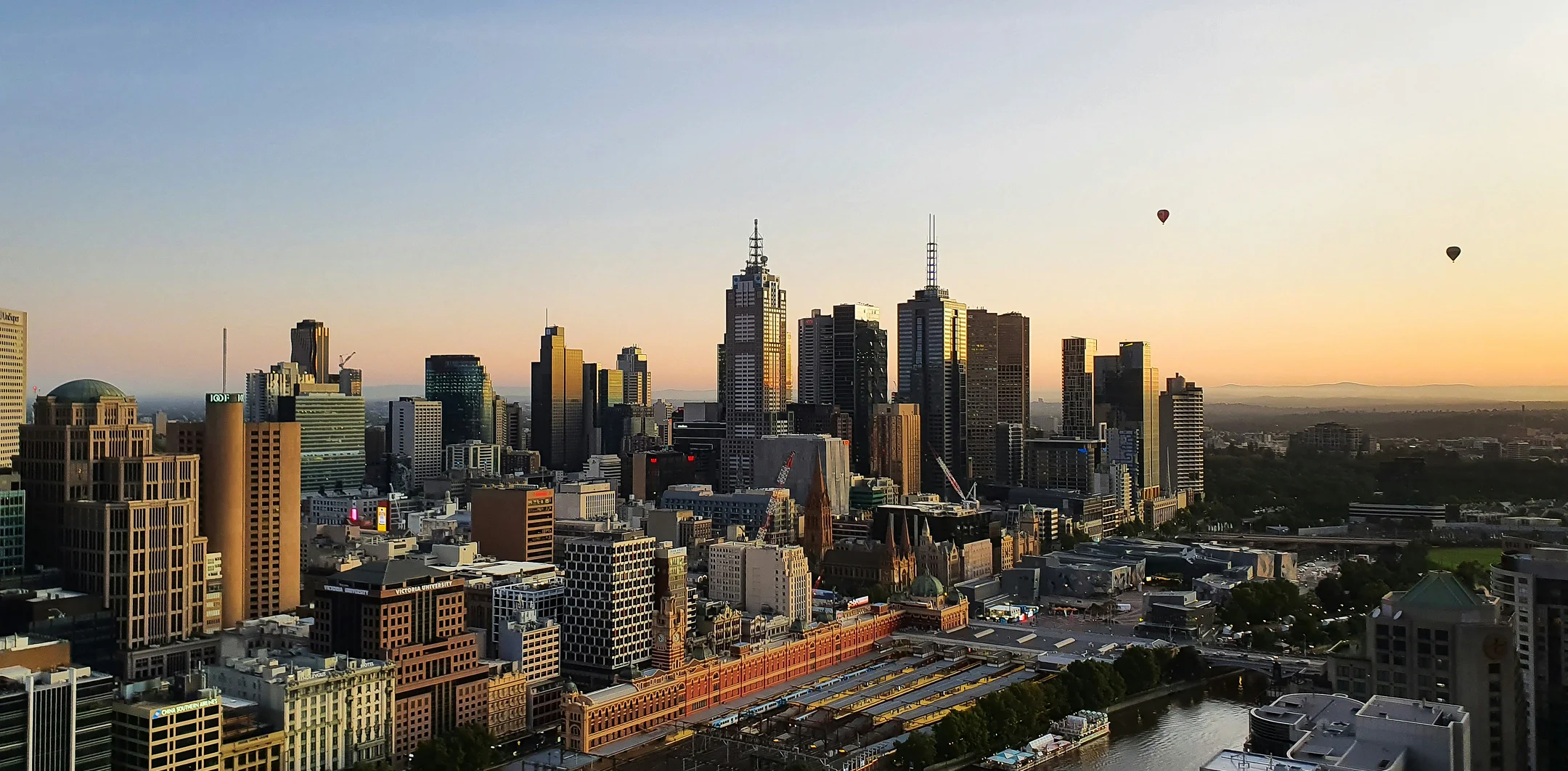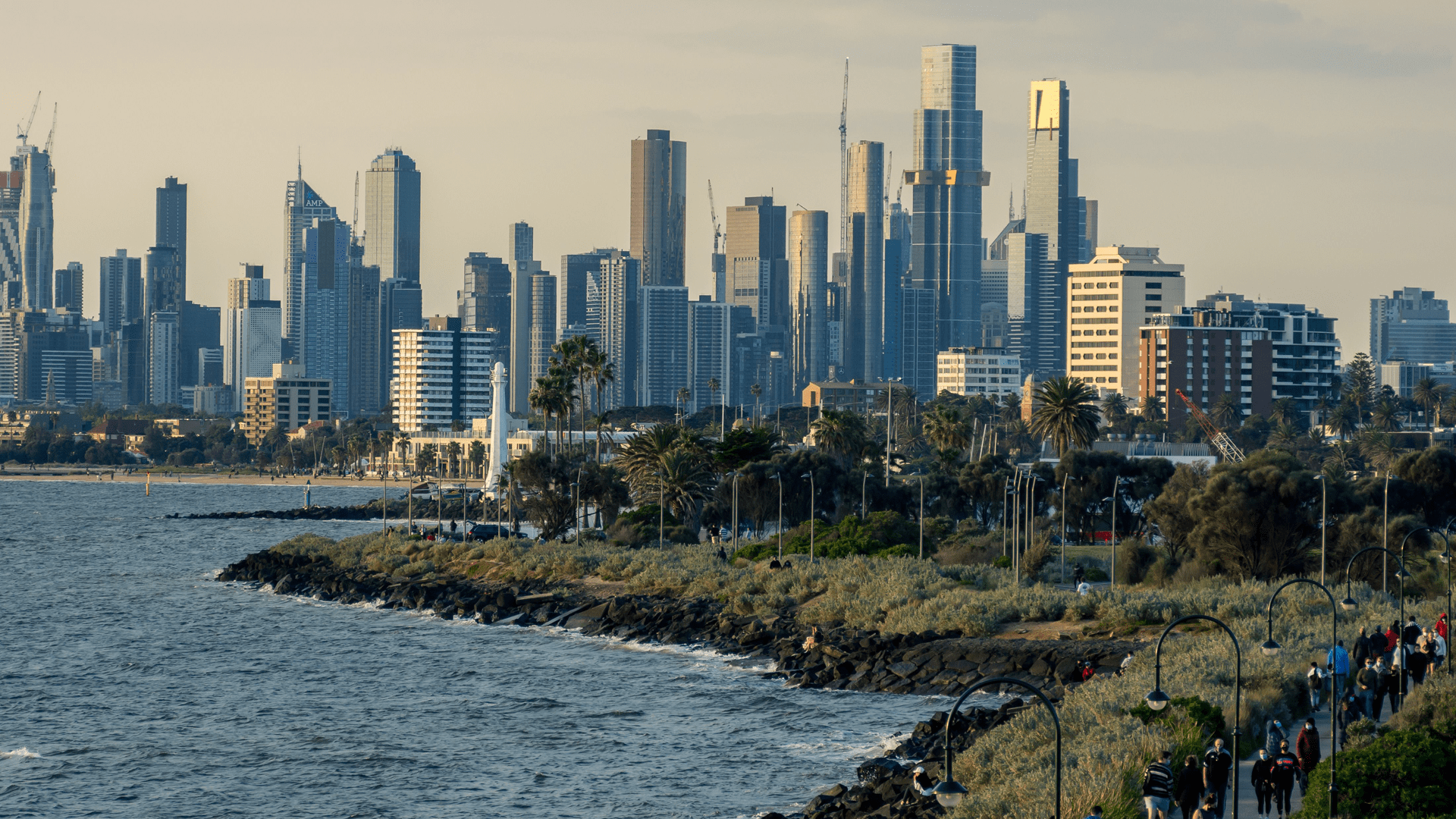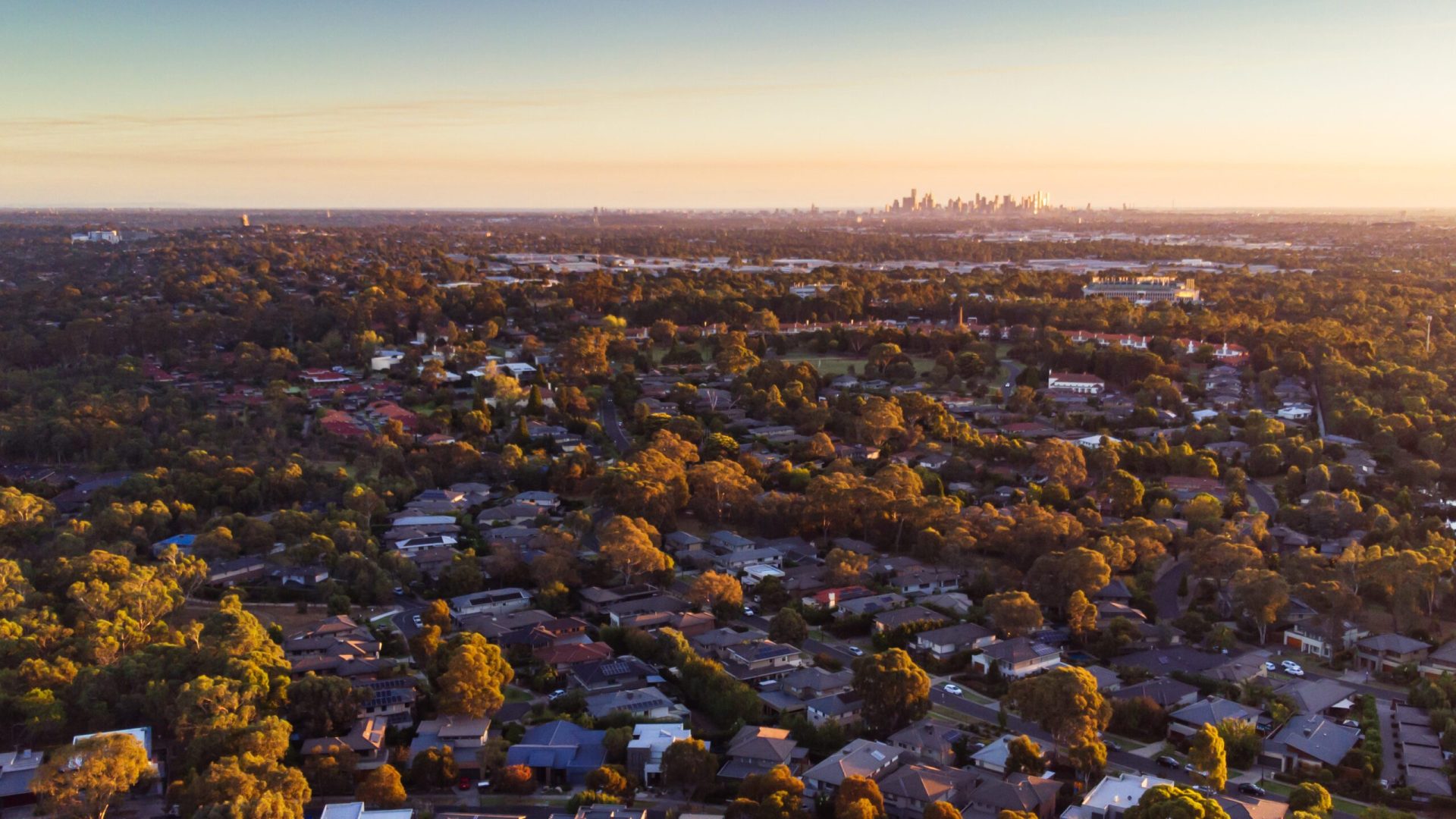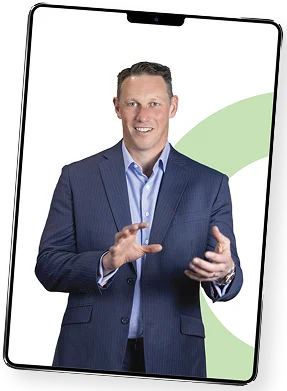By Cam McLellan
I often get asked, “What is the top thing you need to know as a property investor, what’s the number one rule?”
There isn’t one rule. Al and I have rules for every area of property investing, whether it’s taxation law, identifying an investment, duplication, cross collateralisation, finance structure or picking a tenant. Every rule is designed to reduce risk but because people keep asking, we thought we’d do a top ten of some of our old favourites for you and discuss each.
- The best time to buy a property was twenty years ago; the next best time is as soon as you can afford a deposit.
This is one of the best things I’ve heard and it was from Al’s old man Steve, when I asked when was the best time to buy. The market is always moving, so don’t get left behind.
- While building your initial portfolio, drive the cheapest car your ego can handle.
I had to dump an ‘initial’ in there because Al’s just bought a Maserati! When I started out I had one of those SS utes that came out back in the day and I was a bit of a bogan, so $40,000 a year back then! When I suddenly realised I could invest in property I went and sold that and bought a 10-year-old Commodore. I realised I could use that extra money to hold one or two properties.
- The great man Warren Buffett said, “Be fearful when others are greedy and greedy when others are fearful.”
This is a classic example:
I’ve always been big on market cycles and identifying where each city market is in its cycle. Now, it usually takes two or three years to bring stock to the market and for it to really heat up and get into a frenzy.
When markets are booming and the newspapers are saying property can’t go wrong, developers like us are getting ready to dump huge amounts of stock on the market. So we know all of the other major developers are in exactly the same boat because we see it time and time again; when a city market is in a frenzy, stock is dumped on to the market and the market goes flat. So when is the best time to buy a property? When the market is quiet and flat.
We’ve been active in the Brisbane market with some of our clients for two or three years now. We’ve seen what’s happening there – all of a sudden the market’s picking up. It’s the same in Perth at the moment. We’re developing four or five hundred lots over in Perth. I wouldn’t buy one of those for myself to own as an investment property, at this point in time. I still think Perth is a great spot but the market’s going too steep and anything that goes up must come down a little bit.
- Over capitalising is like a bad haircut, time fixes everything.
I haven’t got much hair anymore but back in the day I came up with this one. I don’t like over capitalising but I definitely over capitalised when I purchased my own home and when I rebuilt my current home. Felicity and I are looking for another block now, to go and re-do it again. I’m definitely going to over capitalise; there’s no doubt about it! Now, that’s my own home and I don’t care but when it comes to investment properties, it is a different story. It should be under the median – don’t overcapitalise, you need to be smart about it. If you do make a mistake it’s not the end of the world. Like a bad haircut, time will fix it.
- Get rich quick often translates to lose money fast!
This is an easy one. At these hype seminars, if you’re being told there’s quick money to be made, I’d steer clear. Have a long term, five or ten year process and you can’t go too wrong. Buy, hold, buy, hold.
- Ignorance is the greatest investment risk.
Putting your head in the sand and thinking things will take care of themselves is the biggest risk you could ever take. Take advice from other people. We are all learning; I’m still learning and will always be learning. That is the beauty of property.
- Stay in control of your cash flow because cash is king.
When we talk to our clients this is a really big one. We deal with a lot of clients in the mining industry. We do consulting for Gemco, BHP and Ausdrill and our investment consultants go to the Northern Territory and South Australia, out to the mine sites. The mining companies get them out to talk about investing in capital cities. One of the biggest things the miners are concerned about, is that it can often be months between different jobs. This happens in a lot of industries.
They ask us, “What happens between jobs?”
If the majority of your property is being held by taxation and rent, really all you need is a buffer – the difference between the rent amount and your interest repayments. If you stick 10 grand in the bank, that small amount gets chipped away so that you can last six months quite easily, holding an investment property. If each repayment costs you $50 out of your back pocket, then $5000 lasts a long time. So set a small buffer aside, so there isn’t any pressure on your portfolio. You can go and travel for three months or lose your job and you’re not going to feel that anxiety of having to get a job. Cash is king – keep a buffer.
- Diversification is for people who don’t know what they’re doing.
This is another saying from Warren Buffett. If you go and talk to a financial planner, they’re going to tell you, “You need to diversify, you need to go the managed funds. You need to put your money here and spread the risk. You need to pick a balanced portfolio”.
We don’t agree. There is another saying here which actually ties this one up pretty well:
- Put all your eggs in one basket and watch it like a hawk.
Understand the industry and control it. Look at risk and return: What is the risk? Risk comes down to control; if you can control the investments you’re putting your money into, your risk is reduced. Therefore, put all of your money where you can control it.
- Compound interest is the eighth wonder of the world. He who understands it, earns it… he who doesn’t… pays it.
Albert Einstein’s autobiography was probably the most boring book I’ve ever read. Now, that was a tough slog, believe me, even worse than Johnny Howard’s, but that was one of Albert’s sayings.
Albert’s family came from a very rich background in the electrical industry. They understood business and they understood compound.
- Money won’t buy happiness but it won’t make you too sad either, will it?
I believe money magnifies – so if you’re a prick, you’ll be a bigger prick and if you’re nice, you’ll be nicer. That’s what money does.
- Land appreciates, buildings depreciate.
This one is my favourite. Get yourself some land content. Focus on those areas where you can have a decent chunk of land and not make any more soil.








